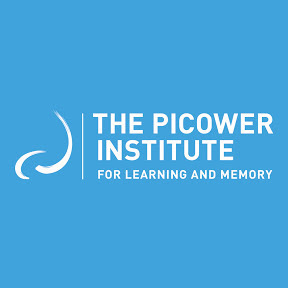
Colloquium on the Brain and Cognition with Markus Meister, PhD, "Rapid Learning of Complex Tasks"
Description
Colloquium on the Brain and Cognition with Markus Meister, PhD, Caltech
- Date: Thursday, October 3
- Time: 4:00pm
- Location: 46-3002, Singleton Auditorium (Third floor of MIT Building 46)
- Zoom (open to the public): https://mit.zoom.us/j/94241719130
- Faculty Host: Brady Weissbourd
--------------------------------
Rapid Learning of Complex Tasks
Animals can learn complex tasks involving multiple decisions after just a few successes. Learning often proceeds discontinuously: the animal’s performance may jump from one minute to the next, as though it had suddenly grasped the task’s solution. Little is known about the neural circuits or cellular mechanisms that support such rapid learning. Here I will report on studies of mice navigating a complex labyrinth, starting from their very first experience to expert performance a few hours later. I will touch on behavioral phenomena of sudden learning, a model of how it might work, neural recordings to test such a model, and some unexpected results from animals that lack the entire dorsal forebrain.
Dr. Meister studied physics at the Technische Universität in München, Germany, then at Caltech, where he received a Ph.D. for research on bacterial motion with Howard Berg. He was introduced to the beauty and mysteries of the retina during post-doctoral research with Denis Baylor at Stanford University. In 1991, Dr. Meister took a professorship at Harvard University, where he worked until his return to Caltech in 2012. Dr. Meister studies the function of large neuronal circuits, and the animal behaviors that they sustain. Early in his career he focused on the visual and olfactory sensory systems. He pioneered the use of multi-electrode arrays for parallel recording from many of the retina's output neurons. Together with new approaches to visual stimulation, this helped reveal how much visual processing is accomplished in the retina. His work extended to both smaller and larger scales of organization: on the one hand the circuit mechanisms of visual computations, on the other the role of neural computation for visually guided behavior. To understand the next stage of visual processing, Meister's group has been exploring population coding in the mammalian superior colliculus. A more recent thread of research is aimed at phenomena of rapid learning in animals, from both a behavioral and theoretical perspective. Meister has also served on advisory boards of research organizations and foundations including the Allen Brain Institute, the Howard Hughes Medical Institute, the Max Planck Institute for Neurobiology, Cold Spring Harbor Laboratory, the Pew Scholars Program, the Helen Hay Whitney Foundation, and the McKnight Endowment Fund for Neuroscience.

